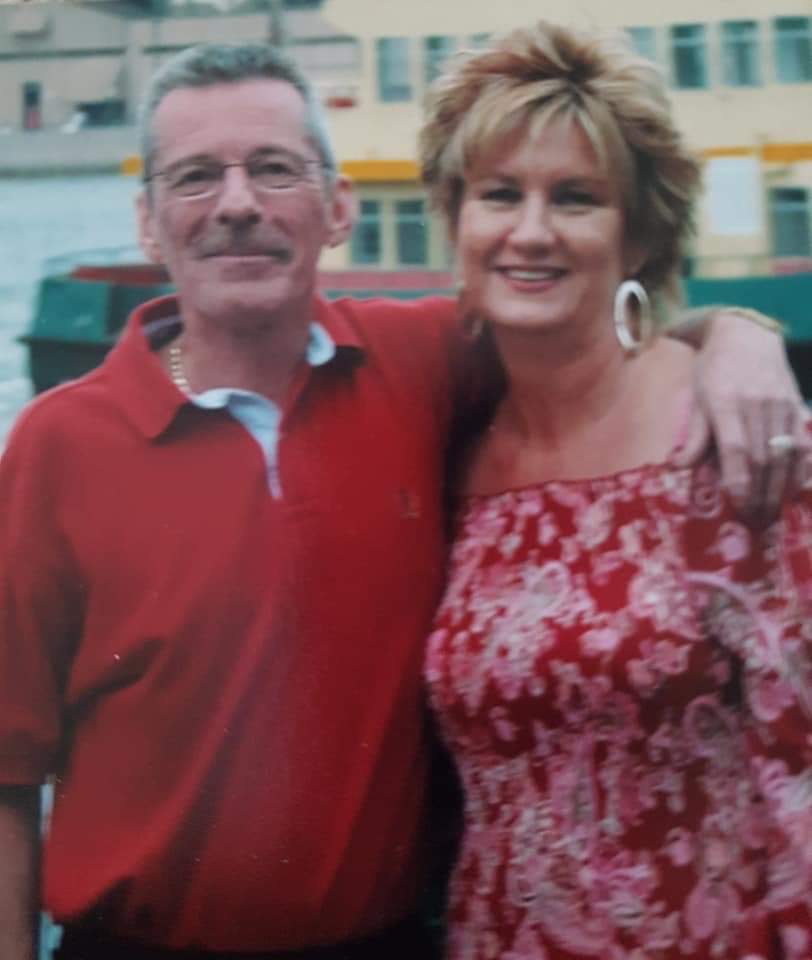As the novel coronavirus wave started to roll across Canada, transplant centres had to make difficult decisions: how best to protect patients who need transplant surgeries and create space for COVID-19 patients.

Toronto General Hospital is the country’s largest transplant program and one of the top in the world. Part of the University Health Network, it is a centre for innovation and care for patients from several provinces, so the decision to scale back surgeries was difficult for everyone.
“When we do a transplant, we put patients on anti-rejection pills and that means really knocking down their immune system,” Dr. Atul Humar, medical director of the Multi-Organ Transplant Program, told Global News. “We’re very worried if we do that to patients, and then if they get COVID, they’ll end up with very, very severe manifestations of COVID-19.
It also means that transplants patients could end up, post-operatively, in the same ICU as COVID-19 patients and there would be an increased need for ventilators.
“It’s a really unique and unprecedented situation, so we’re trying to do the best we can. We’re taking as many precautions as we can,” said Dr. Humar.
On March 13, the hospital decided to reduce transplant surgeries — heart, liver, kidney, pancreas and lung — unless a patient was rapidly deteriorating.
“COVID-19 seems to also infect the liver and the kidney and the heart. So we’re very concerned about that,” Dr. Humar told Global News.
In Niagara Falls, Jim Mann received a call telling him his double-lung transplant was on hold, for now.
To get on the official waiting list is an arduous and precise process. It takes time, numerous tests and appointments.
Mann, who is living with severe emphysema, needs a transplant, but he’s also worried about COVID-19.
“The COVID-19 is what scares me more than the surgery. They’ve told me if I got that, my chances of survival are very, very minute,” Mann told Global News.
Mann and his wife Lori are doing everything they can to keep him safe inside as he waits.
“It kind of breaks your heart because we had that hope,” said Lori Mann.

Get weekly health news
“Nobody knows how long this is going to go on for. And basically, we’ve been told if he gets this COVID-19 he won’t survive it. And so it’s terrifying.”
John Dennis is being doubly impacted by COVID-19. His wife, Penny is living with dementia and her long-term care home in Halifax, N.S., has residents who have tested positive for COVID-19, so no visitors are allowed.
John moved to an apartment building next to where Penny lives. He stands outside on his cell phone waving to Penny, who waves back from the seventh floor. This is as close as he can get.
He is living with idiopathic pulmonary fibrosis, needs a double-lung transplant, and a visit would not be safe.
“It’s putting your life on hold and just praying every night that it’ll be over soon or that your health will hold until the COVID-19 dilemma is over,” Dennis said.
“And I can move forward. I’m not going to give up.”
Dennis is still going through the process of trying to get on the official transplant waiting list in Toronto. At 74, he knows time is precious. His appointments are continuing at a distance.
Dennis is an adventurer who once competed in an around-the-world sailing race, so he’s ready for a fight.
“I want my family to know I’m not giving up the fight. It’s an important fight for me. I’m not going to give it up,” Dennis told Global News.
Transplants are on hold or reduced at centres across the country, leading doctors who refer patients to be concerned.
“So there are patients right now who are very unwell and getting sicker quickly,” Dr. Meredith Chiasson, a respirologist with the Halifax Infirmary, told Global News. She adds the waitlist is concerning, “the number of patients on the waitlist is growing and that will create a backlog that will take a while to clear through.”
Another devastating consequence is that with programs across the country scaled back — so, too, is the procurement of donor organs.
“So essentially those organs are not used. They’re lost to the system, which is really another tragedy due to COVID-19,“ Dr. Humar told Global News. “It’s very heartbreaking, actually.”
Jim is still optimistic. His wife Lori says their bags are packed and they are ready for the call. Lori’s sister also established a GoFund me campaign to help with the associated costs of travelling and living in Toronto during Jim’s surgery and care.
“I know there’s a fix down the road. … Hopefully it comes before I can’t go on anymore like this,” Mann told Global News.
While Mann and Dennis have been waiting, the team at Toronto General and its partners have been establishing safety protocols and testing donor organs for COVID-19.
Close to 20 transplant surgeries have been performed since March 13 at the hospital.
All the gained knowledge and safety protocols are leading to some renewed optimism.
Dr. Humar hopes that Toronto General will be able to slowly start performing additional transplant surgeries — soon.
“For the sake of our patients and so that precious donor organs do not go to unused,” Dr. Humar told Global News.










Comments
Want to discuss? Please read our Commenting Policy first.